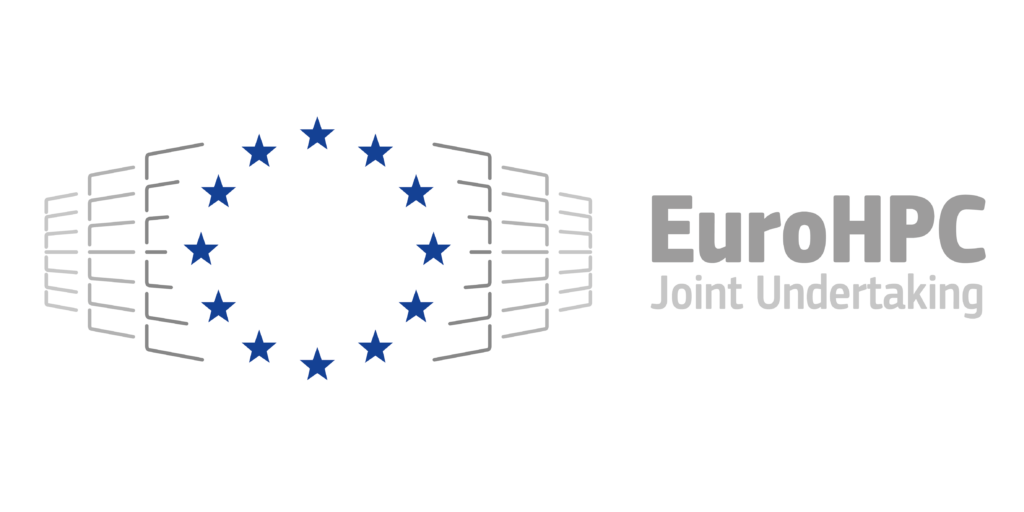Impressions from the EuroHPC Summit Week 2019, that was held from 13 to 17 May in Poznań, Poland, are still fresh, as the event turned out a huge number of attendees and interesting topics covered in the 4-day event.
European
Processing Initiative, under the moderating lead of Mr Leonardo Flores Añover
and Mr Andrea Feltrin from DG CNECT, participated in a half-day workshop titled
“Co‐designing with the European Processor Initiative”. The goals of the
workshop were to identify applications that could drive co‐design for EPI and
the pilot system projects; introduce attendees to co‐design for EPI and pilot
system ideas leading to supercomputers based on EPI technologies; discuss
component‐level vs. system‐level co‐design: who does what when; highlight
ongoing co‐design efforts within EPI; bring application and technology/system
architecture experts together; show the current status of the software
landscape, and discuss how they can contribute to a coherent effort towards the
European Exascale supercomputers.
Presenters from EPI covered those topics in 6 short
presentations, while the session closed with an expert panel. Participants of
the panel emphasized the importance of selecting a set of communities and
involving them strongly in the co-design process. The communities should be
those that really need Exascale performance, have high societal impact and are
committed to participate in the co-design work. The systems in question will be
heterogeneous and it is important to make them as user-friendly as possible;
therefore, the middleware and programming environment play a very important
role.
The panel also concluded that the use of HPC systems as workflows is increasing – they very often contain HPC with HPDA and AI. At Exascale level, workflows add an order of magnitude to the complexity. Using the sole general purpose processor combined at interposer level with many different accelerators helps drive the complexity down. EPI offers this unique feature. It is very important to provide middleware to properly support for workflows, also on heterogeneous systems.
The pilot system must demonstrate scalability, energy efficiency and reliability. Risks should be limited to a particular aspect/component of the system and the pilots should be operational, enable application running on them to prepare for Exascale, and provide results that increase visibility. The panel believes such visibility can be ensured through training as well – it is an opportunity to attract more people to the HPC field. It should be more attractive for young people, starting as early as school level. The panel concluded, looking to the future developments, that after Exascale, the goal should be not so much related to increasing speed, but making the Exascale systems much more efficient. Real-world application and workflow efficiency, as well as performance, need to be increased.

